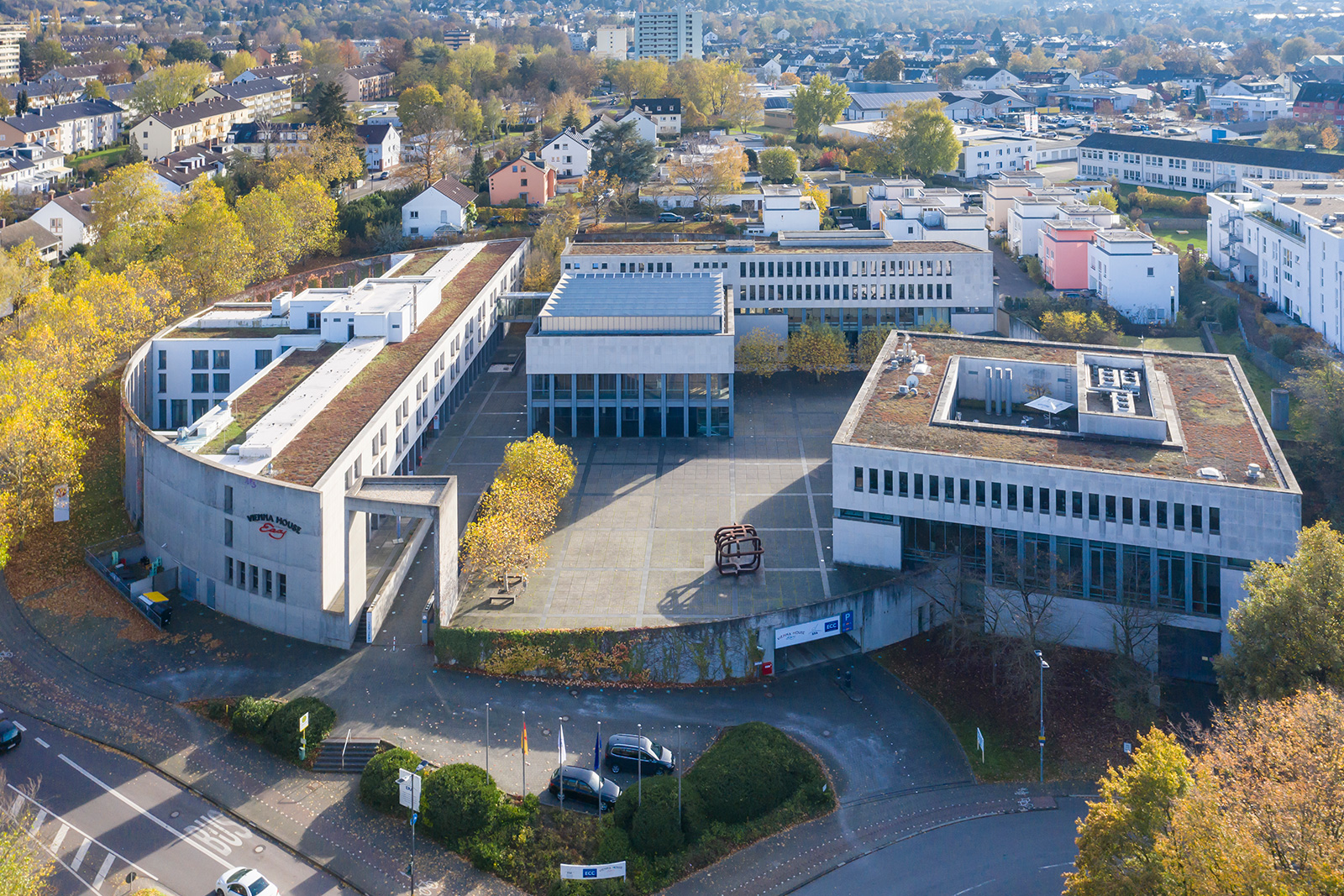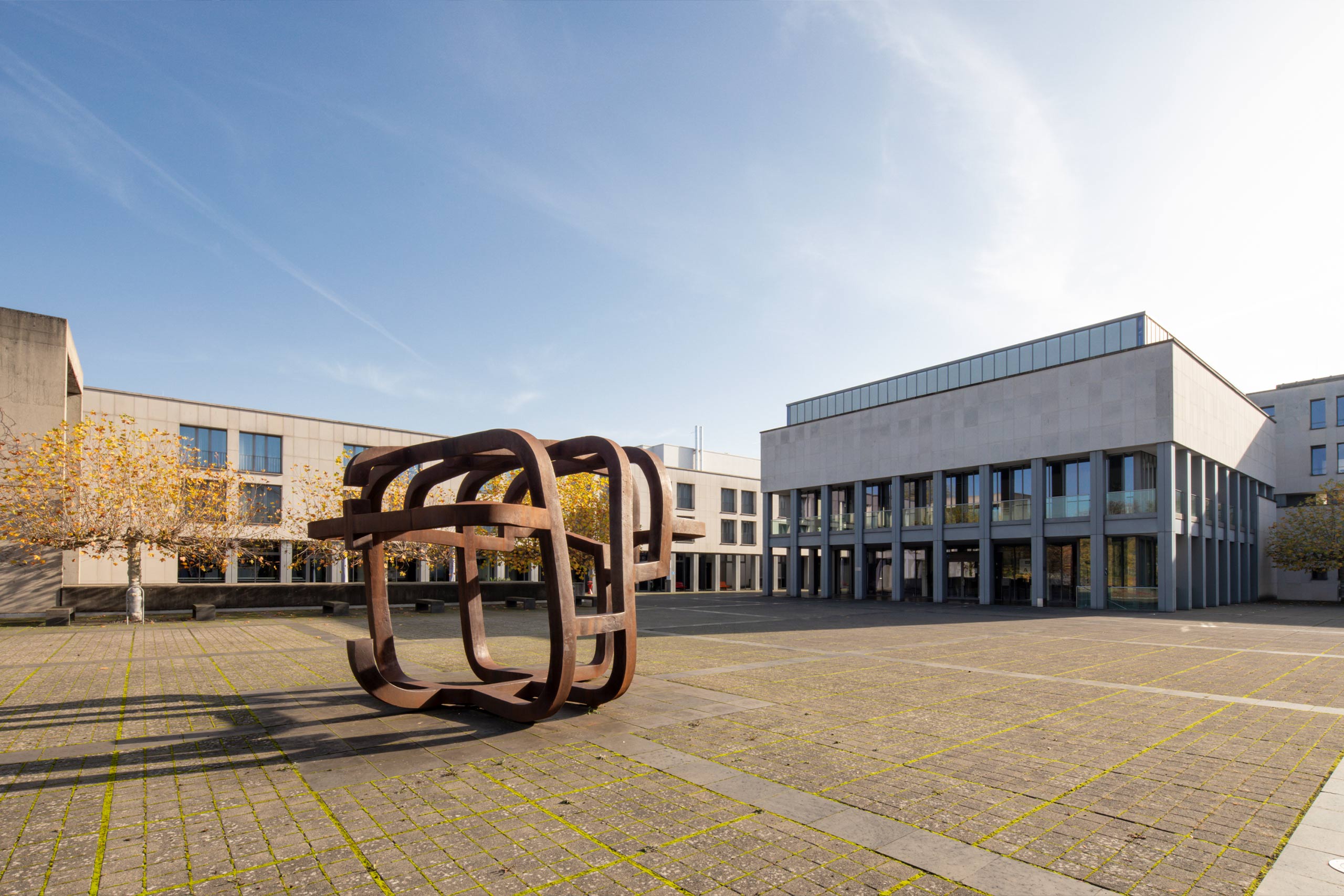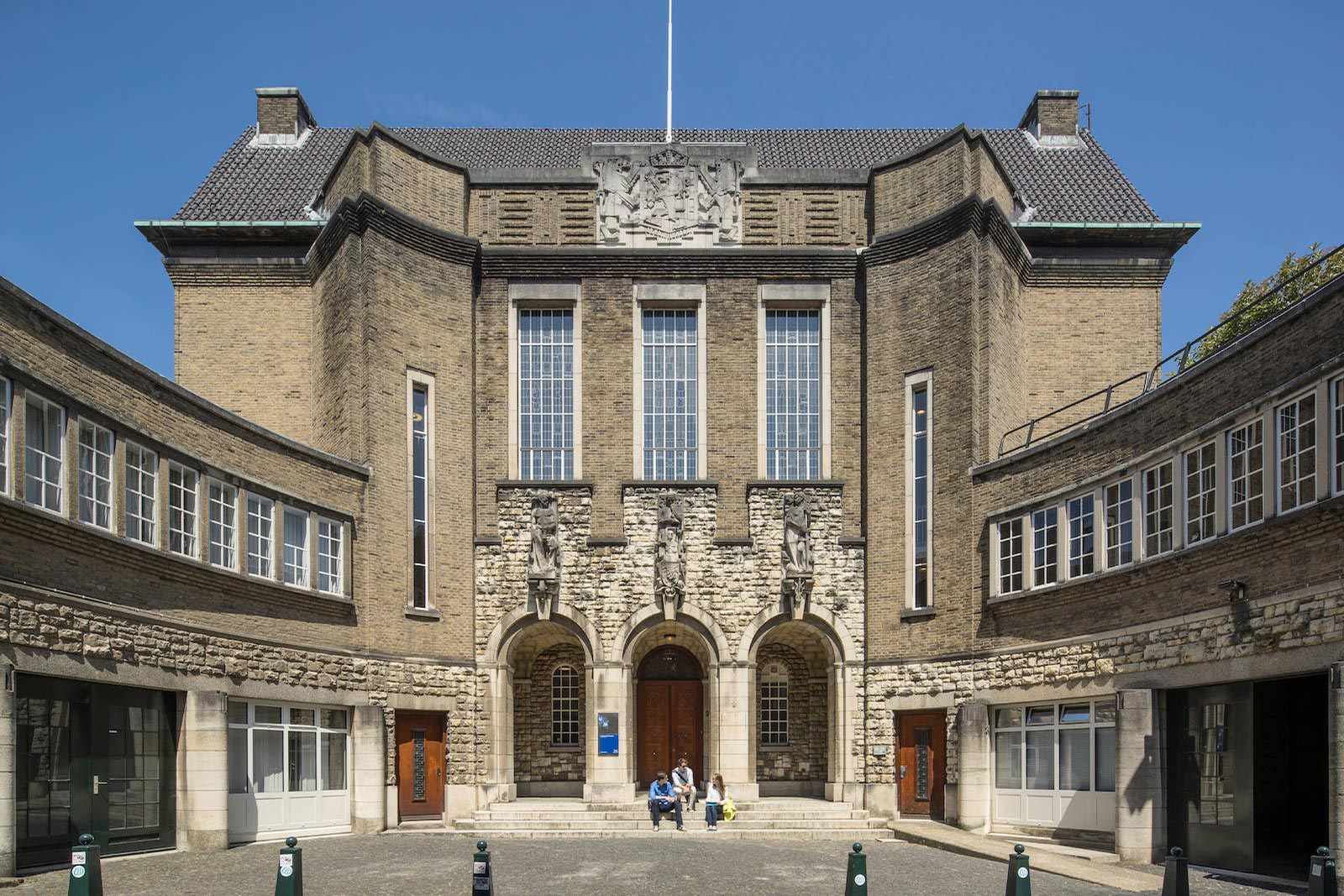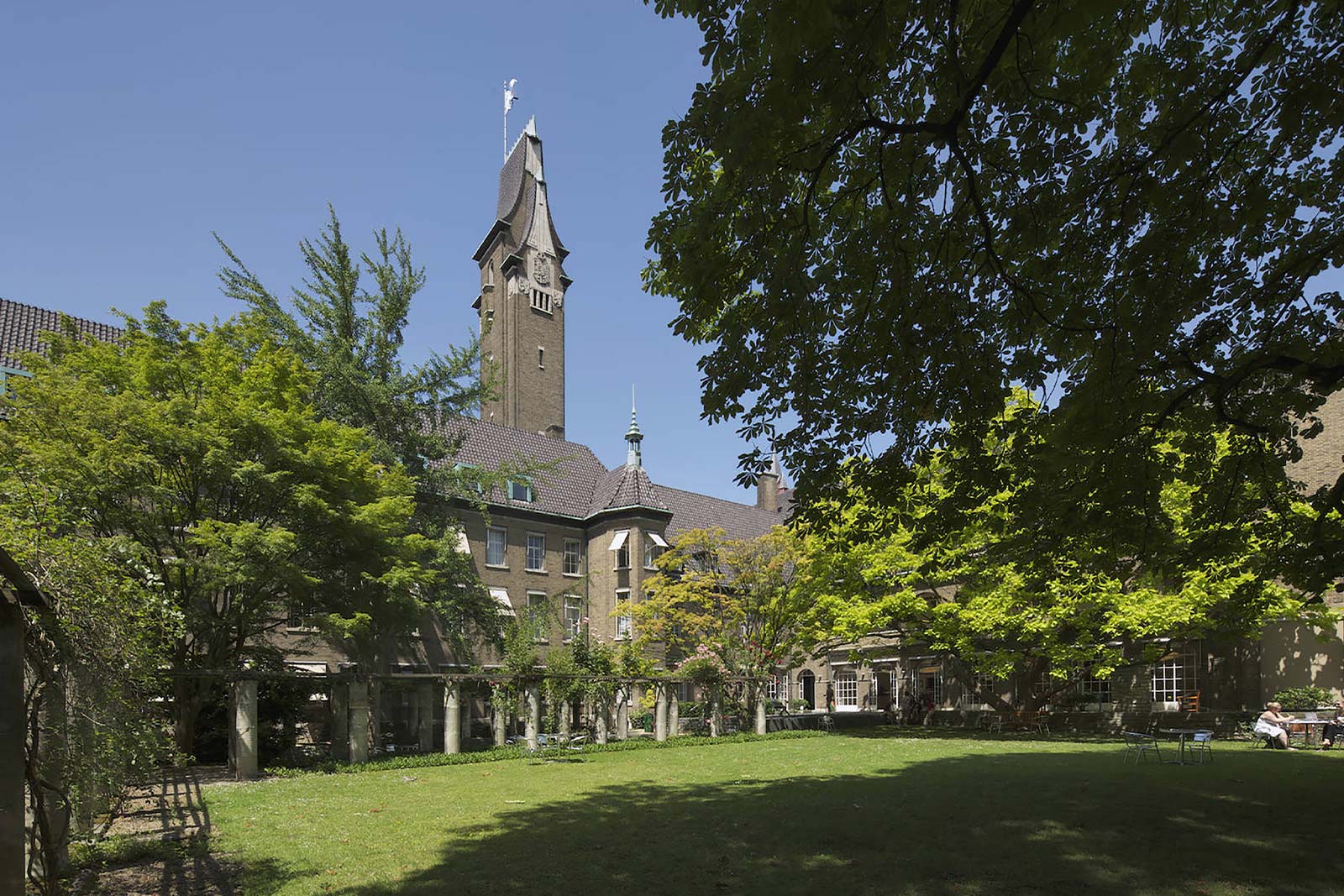General information
The Unified Patent Court (UPC) is a game-changer for patent litigation in Europe. Designed to simplify and unify patent disputes, it offers an alternative to the costly and inconsistent national court battles with a single, specialised court covering multiple EU Member States. This means faster decisions, lower costs, and greater legal certainty for businesses and innovators looking to protect their inventions across Europe.
A key question arises: who is eligible to represent clients before this influential new court?
The European Patent Litigation Certificate (EPLC) course holds the answer.
About the European Patent Litigation Certificate (EPLC)
The European Patent Litigation Certificate (EPLC) course leads to a certified professional qualification and is organised within a partnership between the Academy of European Law (ERA) and Maastricht University (UM) that entitles European patent attorneys to represent clients before the Unified Patent Court (UPC). With the establishment of the UPC, the EPLC was created to enable European patent attorneys without a law degree to participate in these high-stake proceedings.
This certificate is designed to equip them with the legal expertise to plead cases before the UPC. This certificate ensures that representatives are fully equipped to navigate complex patent disputes, maintaining the highest legal standards while broadening access to litigation.
About the Unified Patent Court (UPC)
The Unified Patent Court (UPC) is the result of a long-standing ambition to establish a streamlined and efficient system for patent enforcement in Europe. Prior to its creation, securing protection for a European patent across multiple jurisdictions required costly and time-consuming litigation in each country, often resulting in inconsistent rulings and legal uncertainty.
The vision for a unified patent litigation system began as early as the 1970s, but political and legal obstacles repeatedly impeded progress. A significant breakthrough came in 2012 when EU Member States agreed on the Unitary Patent Package, introducing both the Unitary Patent—a single patent covering multiple EU countries—and the UPC, a dedicated court to adjudicate patent disputes under this framework.
However, the road to implementation was fraught with challenges. The UPC Agreement (UPCA) signed in 2013 encountered legal disputes, political delays, and complications arising from Brexit, which forced the UK to withdraw from the project. Additionally, several legal reviews with the German constitutional court posed further obstacles, delaying ratification. Finally, after years of legal and political negotiations, the UPC was officially launched on 1 June 2023.
Now fully operational, the UPC has transformed patent litigation in Europe, offering businesses and innovators a cost-effective, centralised, and predictable mechanism to enforce their rights across multiple jurisdictions. It marks a new era in European patent law, ensuring that legal protection keeps pace with the demands of modern innovation.
In short, the UPC is revolutionising patent enforcement in Europe, and the EPLC is the key for patent professionals to be part of it.
Apply now
Click below to apply for the next European Patent Litigation Certificate course.
Partnership
The Academy of European Law (ERA) and Maastricht University (UM) joined forces in 2022 to create a dynamic and comprehensive training programme for patent attorneys wishing to plead before the Unified Patent Court (UPC).
This collaboration was launched alongside the entry into force of the Protocol on Provisional Application of the UPC Agreement on 19 January 2022 – an event that marked the official establishment of the UPC as an international organisation.
With ERA’s expertise in EU law training and UM’s reputation as a leading international university, this high-calibre course equips European patent attorneys and professionals interested in patent litigation with the best tools to understand the legal framework and procedural rules necessary to litigate before the UPC.
Academy of European Law (ERA)
The Academy of European Law (ERA) is a centre of expert knowledge and debate on European law providing you with the opportunity to learn, discuss and network with top speakers about the ever-changing legal framework. As a non-profit foundation established in 1992, ERA serves the European public interest by ensuring that legal practitioners (lawyers in private practice, in-house counsel, judges, prosecutors, court staff, national civil servants, national regulators, staff of the EU institutions and agencies, probation and enforcement officers) across the EU have the necessary knowledge and training to apply EU law.
The patrons of the foundation are the 27 EU Members States, Albania, Serbia, the United Kingdom, Scotland, the 16 German Federal States, and the city of Trier.
ERA offers face-to-face training events, hybrid training events, online-only training events and asynchronous online learning products. The events are attended by legal professionals (judges, prosecutors, civil servants, notaries, academics, and lawyers in private practice) from all over Europe.
Maastricht University (UM) – Faculty of Law
The Faculty of Law at Maastricht University is a top-quality provider of challenging and rewarding Dutch and European legal education at bachelor’s, master’s and PhD-level. It is a true pioneer in small-scale teaching and teaching of skills aimed at a broad range of future legal professionals.
The clear focus in research on European and international aspects of the law, Law and Tech, and the empirical setting in which the law operates, provides an exceptionally stimulating environment for both students and staff. The faculty greatly values its open, diverse and inclusive community that makes it a pleasant and rewarding place to work and study.
Trier &
Luxembourg
Trier and Luxembourg are not only rich in history but also serve as an ideal gateway to explore one of Europe’s most beautiful regions.
Trier, Germany’s oldest city, offers a fascinating blend of history and culture. Founded over 2,000 years ago as Augusta Treverorum, it once served as the capital of Roman Gaul and held great significance in ancient Europe. Today, Trier is a UNESCO World Heritage site, renowned for its remarkable mix of Roman ruins, medieval architecture, and baroque art. Key attractions include the Porta Nigra, the largest Roman city gate north of the Alps, and the Roman Imperial Baths, which provide a captivating insight into Roman life. The Trier Cathedral and Church of Our Lady are architectural masterpieces and among the oldest churches in Germany.
Just a short distance away, Luxembourg city combines historic charm with a cosmopolitan atmosphere. Its picturesque old town, a UNESCO-listed site, is steeped in history, while the modern banking district adds a contemporary contrast, featuring landmarks like the Philharmonie Luxembourg, one of Europe’s leading concert halls.
The surrounding region offers scenic landscapes and outdoor activities. The Moselle Valley is perfect for wine lovers with its vineyards and charming villages. Nature enthusiasts will find plenty to discover in the Eifel National Park and the Luxembourgish Mullerthal Region, both just a short drive away, providing unforgettable outdoor experiences like hiking, climbing and kayaking.


















